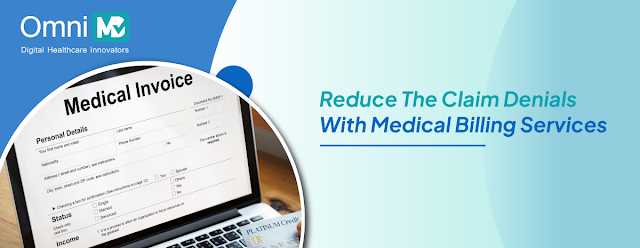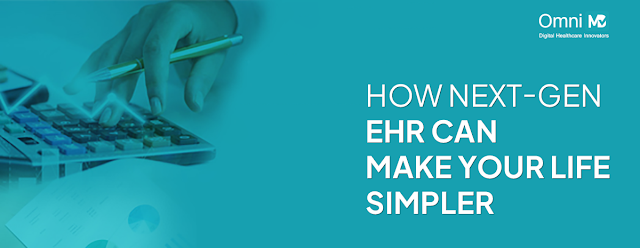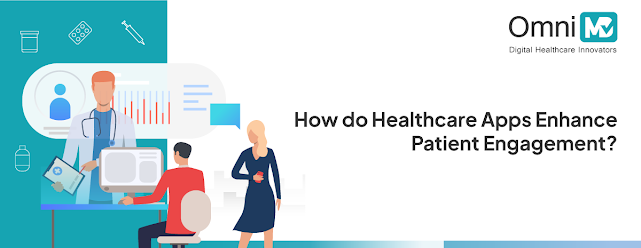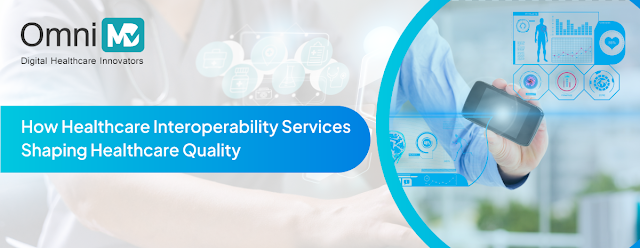A Comprehensive Guide to Home Healthcare Software

Home healthcare software is transforming the way healthcare is delivered, offering a myriad of benefits for both caregivers and patients. The landscape of home healthcare software is vast, considering the wide variety of options and evolving industry trends. Moreover, it has become a boon for home healthcare agencies. According to Future Market Insights , The global home healthcare software market was valued at approximately US$ 3.4 Bn during 2021. The market is expected to reach a CAGR of 8.4% with a valuation of US$ 8.1 Bn by 2032. Further, we will delve into the key aspects of home healthcare software, exploring its functionalities, types, benefits, and the impact it has on the industry. Home Healthcare Software: A Brief Introduction Home Healthcare Software refers to applications that support and streamline various aspects of home healthcare services. These applications are used by healthcare providers, caregivers, and other professionals involved in delivering care ...




